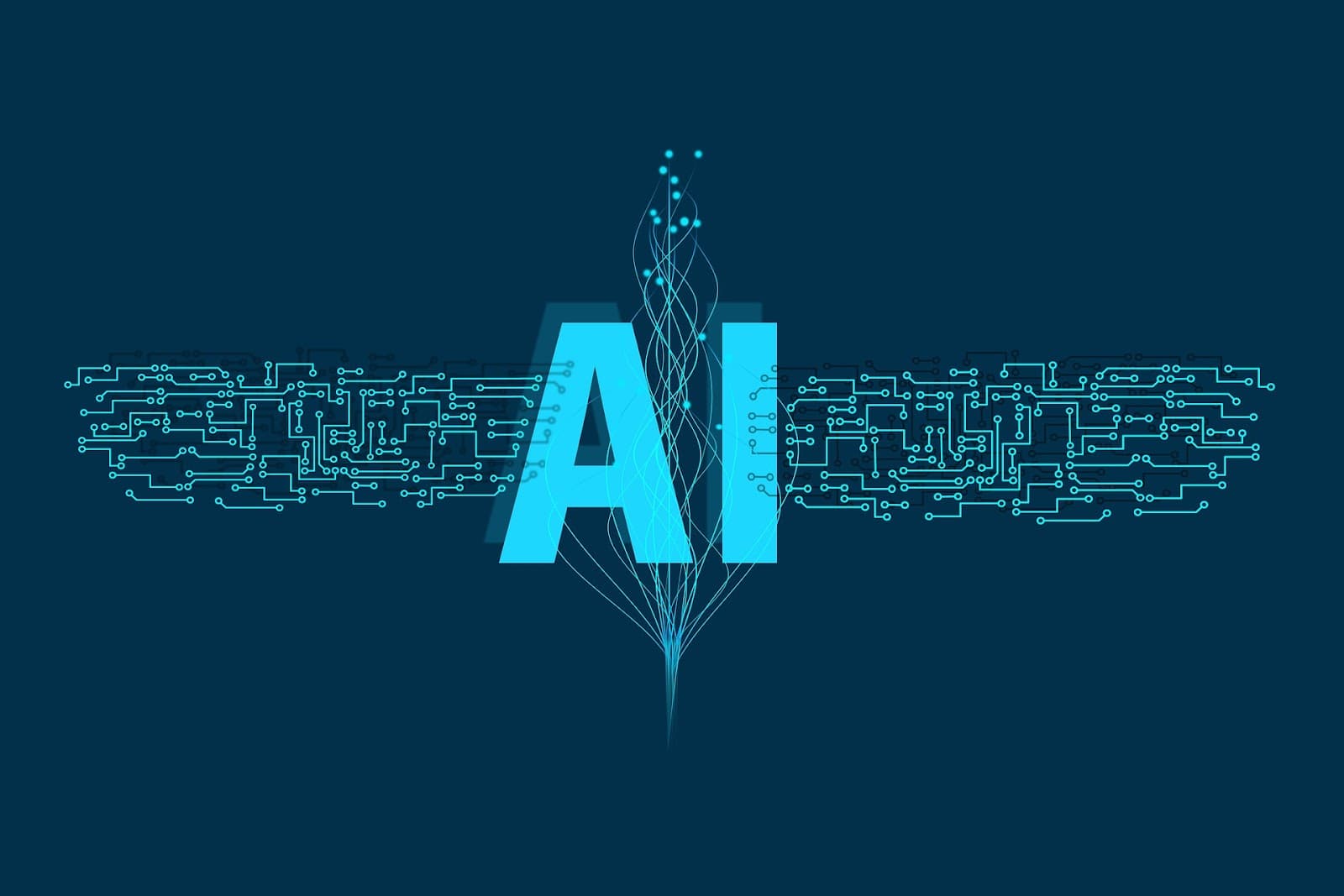
Beacons AI: A Comprehensive Overview
Beacon AI is a game-changing tech that lets businesses connect with their customers in real time via Bluetooth Low Energy (BLE) beacons. These little wireless devices send out signals that nearby smartphones pick up, letting businesses send personalized messages, promos, and updates straight to customers.
How does Beacon AI work?
Beacon AI has three core parts: the BLE beacons, a mobile app, and a cloud-based platform for businesses to manage their campaigns and data.
Here’s the gist of it:
- Many businesses now use BLE beacons in their physical locations like stores, museums, and airports. These beacons can send messages to customers’ smartphones if they have the right app and Bluetooth is on;
- When you’re near a beacon, you might get a notification on your phone. And these notifications can be extra special like personalized deals based on what you’ve bought before, where you are, and what you’ve been looking at;
- If you see a notification, you can choose to check it out. Maybe there’s a discount code or a promotion waiting for you;
- The beacon system can also gather data about your behavior, how long you stay in one spot, what products you’re interested in, and which promotions catch your eye;
- All this data helps businesses personalize their marketing campaigns even more in the future. So not only do you get a better shopping experience, but they get to learn from you too.
What are some examples of Beacon AI in action?
Beacon AI has already made waves in various industries, with numerous businesses adopting its innovative technology. Here are some examples:
Retail
In the retail industry, a clothing store could use beacons to send customized promotions to customers when they are near a specific product or department. For example, a customer who previously bought women’s shoes might receive a notification about a new line of shoes when they are near the shoe section.
Hospitality
In the hospitality industry, a hotel could use beacons to send notifications to guests about exclusive events or promotions happening on the property. For instance, a guest who had earlier used the hotel’s spa services could receive a notification about a discounted massage when they are near the spa.
Museums
These are just a few examples of how businesses are leveraging Beacon AI to create more personalized and engaging experiences for their customers. With the ever-evolving technology, we can expect to see more innovative uses of Beacon AI in the future.
Airports
Beacon AI has also been adopted by the aviation industry, with airports using beacons to send timely notifications to passengers about flight delays or gate changes. For instance, a passenger waiting at a gate could receive a notification that their flight has been delayed and they should move to a different gate.
Benefits of Beacon AI for Businesses and Customers:
Personalized messaging
Beacon AI allows businesses to send personalized messages, promotions, and updates to customers in real time based on their location and past behavior. This creates a more engaging and personalized experience for customers, which can lead to increased loyalty and sales for businesses.
Improved data collection
Beacon AI technology enables businesses to collect more detailed and nuanced data on customer behavior, including which products or services are popular, how long customers spend in certain areas, and what promotions are most effective. This data can inform future marketing campaigns and help businesses make more informed decisions.
Improved targeting
Beacon AI technology allows businesses to send targeted messages and promotions to customers based on their location and past behavior. This can help businesses tailor their marketing efforts and improve their ROI by targeting customers who are more likely to make a purchase.
Innovation
Adopting Beacon AI technology can help businesses innovate and stay ahead of the curve in a rapidly changing marketplace. By leveraging the latest technology, businesses can create more engaging and personalized experiences for customers, which can help them differentiate themselves from their competitors.
What are some potential concerns with Beacon AI?
While Beacon AI has many advantages, there are some potential concerns to be aware of:
Privacy
One potential concern with Beacon AI is the issue of privacy. Some customers may feel uneasy about being tracked and monitored by a business. It’s crucial for businesses to be upfront about their data collection practices and obtain customer consent to build trust.
Battery life
Another concern is battery life. Bluetooth technology can quickly drain smartphone batteries, which may make customers hesitant to enable Bluetooth on their devices. To address this, businesses can reduce the frequency of notifications and ensure that their messages are relevant and valuable to the customer.
Security
Security is also a concern with any wireless technology. There is always a risk of security breaches or unauthorized access. It’s essential for businesses to take measures to safeguard their beacon systems and protect customer data from potential cyber threats.
Accuracy
Although beacon technology is a powerful tool for understanding customer behavior, it has some limitations. One of these limitations is accuracy. If a customer is near multiple beacons, it can be tricky to pinpoint their exact location.
Implementation costs
Implementing a beacon system can be costly and time-intensive, especially for smaller businesses. Before adopting this technology, businesses should carefully evaluate the costs and benefits to ensure that it’s the right choice for their needs.
What is the future of Beacon AI?
The future of Beacon AI is exciting, with the technology rapidly evolving and expanding its capabilities. As businesses become more comfortable with Beacon AI and collect more data, the possibilities for this technology will continue to grow. Here are some potential future developments:
More advanced analytics
As Beacon AI technology advances, businesses will be able to gather more detailed and nuanced data on customer behavior. This will allow them to personalize their marketing efforts even further and gain a better understanding of their customers’ needs and preferences.
Integration with other technologies
Beacon AI technology can also be integrated with other technologies such as augmented reality, virtual reality, and artificial intelligence to create even more immersive and personalized experiences for customers.
Expansion into new industries
Beacon AI has already gained traction in various industries like retail, hospitality, and museums. However, its potential applications extend beyond these industries. There are opportunities for beacon technology to be implemented in hospitals, universities, and office buildings, to name a few.
Increased focus on privacy and security
As data privacy and security concerns continue to rise, businesses must prioritize the protection of customer data and make sure their beacon systems are transparent and secure.
Greater adoption by small businesses
While larger businesses have primarily adopted beacon technology, it is becoming more accessible and cost-effective. This trend means that more small businesses can now leverage the benefits of beacon systems in their physical locations.
Conclusion
With the help of Beacon AI, businesses can reach customers in real time with highly targeted and personalized marketing messages. Beacon AI has many advantages, like better data collecting, enhanced consumer interaction, and improved customer experiences, despite certain possible drawbacks to take into account. Technology has the potential to change how businesses connect with their customers and produce more immersive and individualized experiences as it develops and grows.





